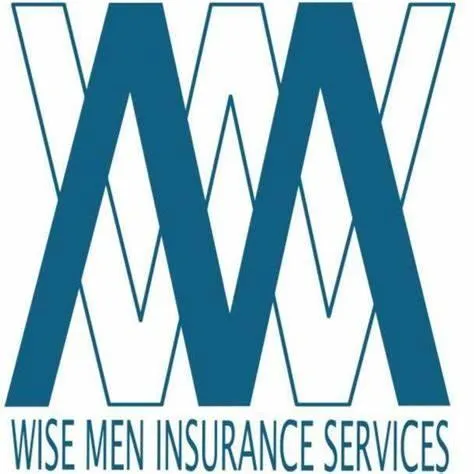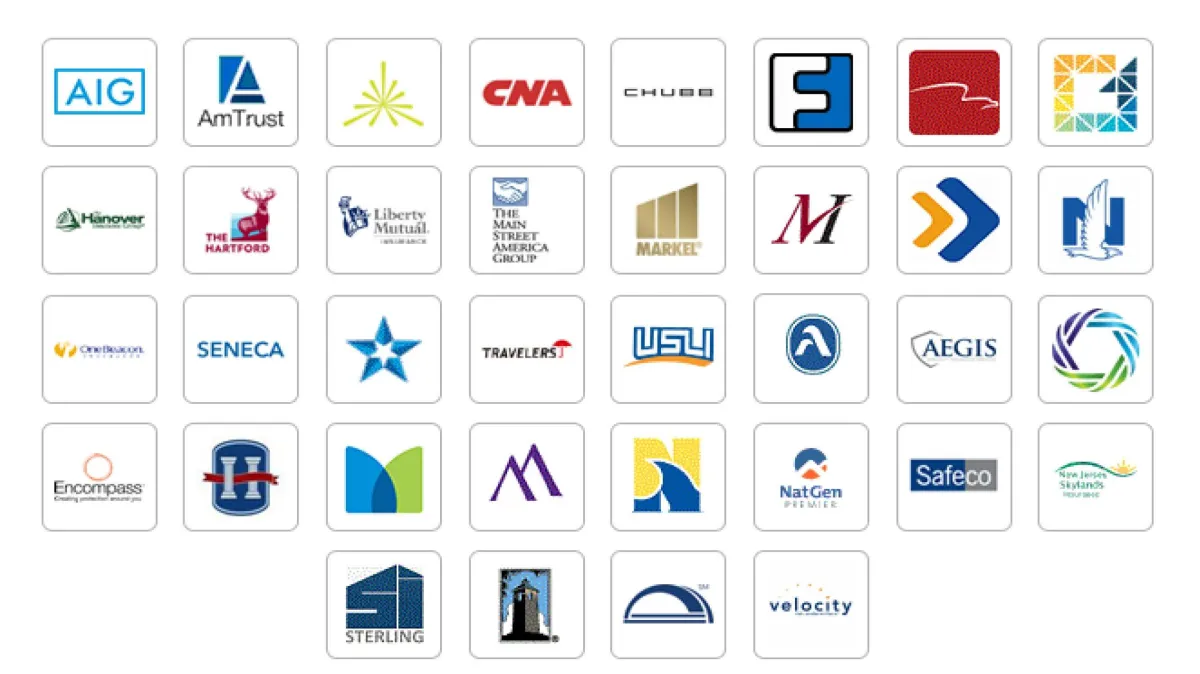

We Shop...You Save!!
A partial list of the companies we have vying for your business.
Schedule a consultation and learn more about how we can help you secure the protection you need for a brighter tomorrow.


Practical and Educational Blog Posts

Experienced and dedicated, the team at Wise Men Insurance Services cares deeply about giving our clients the very best in insurance.
From our superior customer care to our tireless work ethic, we strive to give you the excellent service you deserve.
We work for you, not the insurance carriers, so our ultimate goal is to find you the coverage you need — not to just sell you whatever we can.
With a comprehensive array of insurance services, we know there is some way we can help you with all of your insurance needs.

All rights reserved. This is not an offer to enter into an agreement. Information and programs are subject to change without notice.
Elisha www.wmisi.com www.wisemeninsurance.com Alan
custom_values.company_logo=https://storage.googleapis.com/msgsndr/lFjGnj9xRDz5QpzFAHHo/media/67533327f8751258b8c35e45.jpeg
custom_values.headshot=https://storage.googleapis.com/msgsndr/lFjGnj9xRDz5QpzFAHHo/media/67533327f8751258b8c35e45.jpeg
Facebook
Instagram
X
LinkedIn
Youtube
TikTok